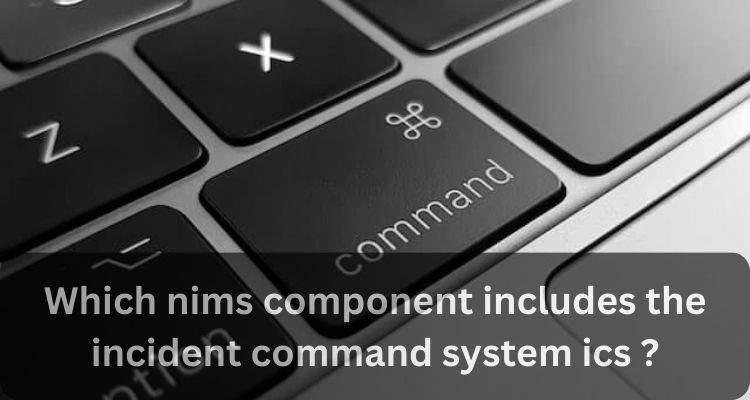Student loan consolidation rates are an important factor to consider when looking to combine multiple student loans into one single loan. Consolidation rates refer to the interest rate that is applied to the consolidated loan and can have a significant impact on the overall cost of repaying the loan. This article will discuss the basics of consolidation rates, including how they are determined, how they can affect your loan payments, and what options are available for consolidating your student loans.
What is a Consolidation Rate?
A consolidation rate is the interest rate applied to a consolidated loan. When you consolidate your student loans, you are combining multiple loans into one single loan with a single interest rate.
The interest rate on the consolidated loan is determined by taking the weighted average of the interest rates on the loans being consolidated, rounded up to the nearest one-eighth of one percent. This means that if you have a mix of loans with different interest rates, the consolidation rate will be somewhere in between those rates.
How Consolidation Rates Affect Your Loan Payments
The interest rate on your student loan can have a significant impact on your loan payments. A higher interest rate means that more of each payment goes towards interest, rather than paying down the principal balance of the loan. This can result in paying more in interest over the life of the loan, and can also make it more difficult to pay off the loan.
On the other hand, consolidating your loans at a lower interest rate can result in lower monthly payments and can make it easier to pay off your loans. However, it is important to note that consolidation may also result in an extension of the loan repayment term, which means that you will be making payments for a longer period of time.
Options for Consolidating Your Student Loans
There are several options available for consolidating your student loans. The most popular option is through the federal government’s Direct Consolidation Loan program. This program allows you to consolidate your federal student loans into a single loan with one interest rate and one monthly payment. The interest rate on the consolidated loan is the weighted average of the interest rates on the loans being consolidated, rounded up to the nearest one-eighth of one percent.
Another option is to consolidate your loans through a private lender. Private consolidation loans are not backed by the government, and the interest rate on the loan will be determined by the lender. However, private consolidation loans may not have the same flexible repayment options and loan forgiveness programs that are available through the federal government.
Private consolidation loans are also subject to credit checks, so if you have poor credit, you may not qualify for the best rates and terms.
In summary, student loan consolidation rates are the interest rate applied to a consolidated loan, which can have a significant impact on the overall cost of repaying the loan. It is important to understand how consolidation rates are determined, how they can affect your loan payments, and what options are available for consolidating your student loans.
Consult with a financial advisor before making a decision on consolidating your student loans. For those considering options for financing their education, SoFi, like many others, offers reasonable rates on student loans to make higher education more accessible.
























+ There are no comments
Add yours